Question And Answer
Publications
Articles, publications, books, tools and multimedia features from the U.S. Institute of Peace provide the latest news, analysis, research findings, practitioner guides and reports, all related to the conflict zones and issues that are at the center of the Institute’s work to prevent and reduce violent conflict.
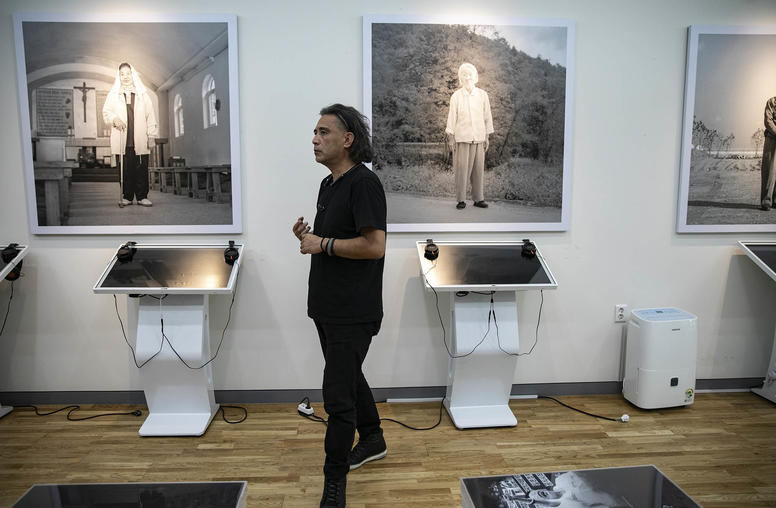
Different Wartime Memories Keep Japan and South Korea Apart
The current state of relations between South Korea and Japan is, in the judgment of many observers, the worst since normalization in 1965. Despite decades of interaction, cooperation and even integration, relations between South Korea and Japan seem to have reverted to a dysfunctional status in which even the most basic forms of diplomatic intercourse present a challenge.
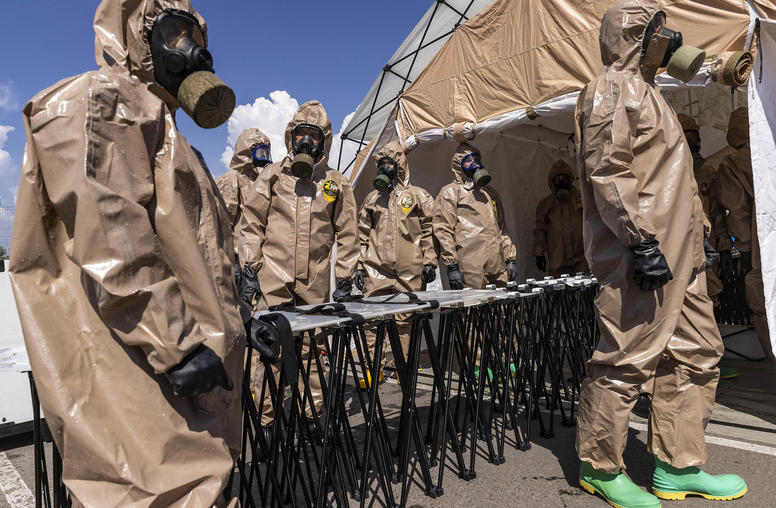
Russia’s New Nuclear Threat: Power Plants as Weapons
Russia’s invasion of Ukraine and occupation of Europe’s largest nuclear power station have triggered the first real-world case of a crisis that security scholars have feared for decades: a threat of radiological disaster from a wartime incursion on an operating nuclear power plant. Russia effectively is using the plant at Zaporizhzhia as a pre-positioned nuclear weapon to threaten and intimidate not only Ukrainians but millions of Europeans across a dozen countries. This is undermining global security institutions in which all countries have a stake, and Russia must join the international community in treating nuclear power plants as demilitarized zones.

Mary Speck on Nicaragua’s Democratic Backsliding
With President Ortega now attacking the Catholic Church, USIP’s Mary Speck says Nicaragua’s democratic backsliding “has gone further than any other country” in Central America — noting the risk that regional leaders could follow Ortega’s lead after they “see what [he] has been able to get away with.”
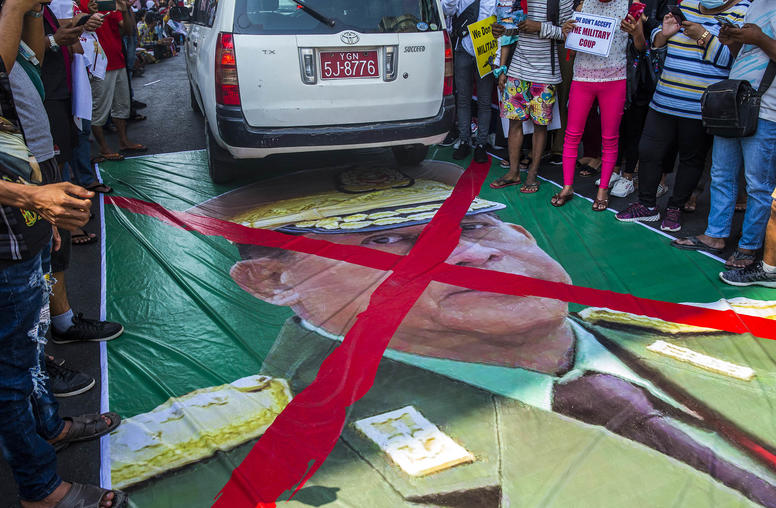
It’s Time to Help Myanmar’s Resistance Prevail
The international community can be divided into three camps in dealing with Myanmar’s brutal coup regime. One consists of a shameless group that includes Russia, China and India that supports the junta and, in the case of Russia and China, supplies weapons to further their own narrow national interests. A second is a divided ASEAN that cobbled together and continues to promote the so-called “five-point consensus,” an incoherent initiative that was dead on arrival more than a year ago. The third is the West, which has imposed sanctions, offered humanitarian aid and taken a strong rhetorical position opposing the coup, yet criticizes armed resistance and avoids bold action, favoring instead the cautious, ineffectual path of supporting ASEAN’s failed plan.

Acknowledging U.S. Missteps Can Ease Japan-South Korea Relations
History sits at the heart of the frigid relationship between South Korea and Japan. Not just the history of Japanese imperialism, but also the history of U.S. strategic interests since 1945. U.S. decision-making stemming from such interests — at first framed within the context of fighting the Cold War and now defined by U.S. competition with China — has oftentimes exacerbated long-term South Korea-Japan relations in its pursuit of expedient solutions and limited the opportunities and avenues for reconciliation.

Event Extra: Taliban Rule Takes Profound Toll on Afghan Women and Minorities
This week marks the one-year anniversary of the Taliban’s takeover of Afghanistan. Despite pledges of moderation and reform from some Taliban factions, over the last year they have reinstated many of the harshest policies from their 1990s emirate, pushing women out of public life and brooking no dissent. For many Afghans — especially women, girls and ethnic and religious minorities — the threat of violence looms over daily life. U.S. Special Envoy for Afghan Women, Girls and Human Rights Rina Amiri discusses how Afghans' lives have changes over the last year, what brave Afghan women are doing to protest the rollback of their rights, and how the United States and international community can help.
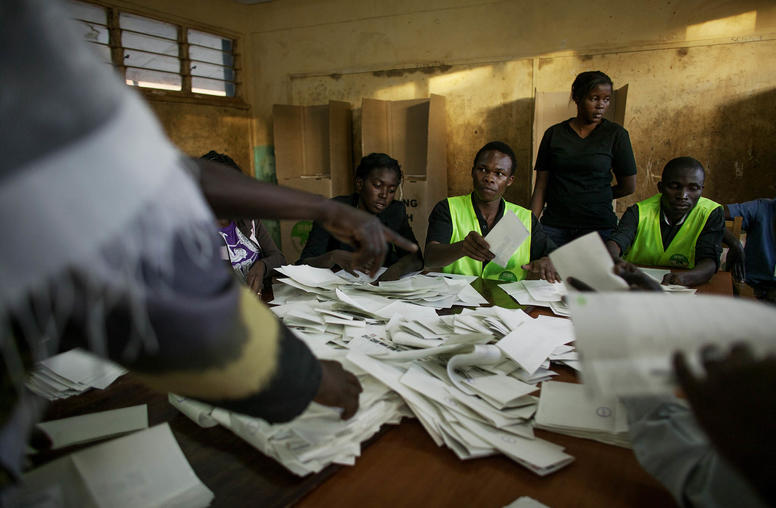
Three Early Lessons from Kenya’s Elections
On August 15, William Ruto was declared president-elect of Kenya, following a vote last week. His chief competitor, Raila Odinga, rejected the results and says he will go to court to seek their invalidation. So far, little evidence of electoral misconduct has been presented, with most observers suggesting the conduct of the polls improved compared to the last vote in 2017. As the country waits for the judicial process to unfold, here are three takeaways from this year’s Kenyan experience.
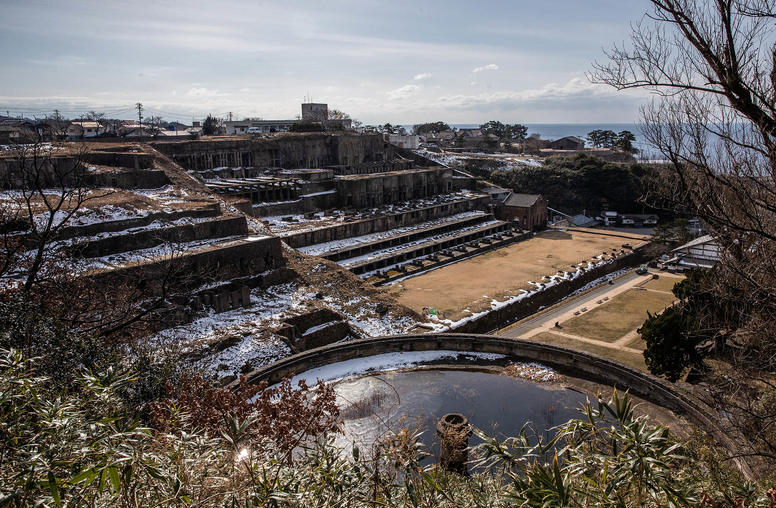
A Formula to Resolve the South Korea-Japan Wartime Forced Labor Issue
As the United States revitalizes its alliances in East Asia, World War II reparations issues loom large. The United States’ two closest allies in the region — Japan and South Korea — remain at odds on issues ranging from forced labor that Koreans performed for Japanese corporations to the comfort women system of sexual enslavement. The failure to redress these issues has stretched the bilateral relationship to its thinnest point in 50 years. Although the new administration in Seoul promises a more “forward-looking” approach to Japan, resolution of various historical issues seems unlikely in the near term.
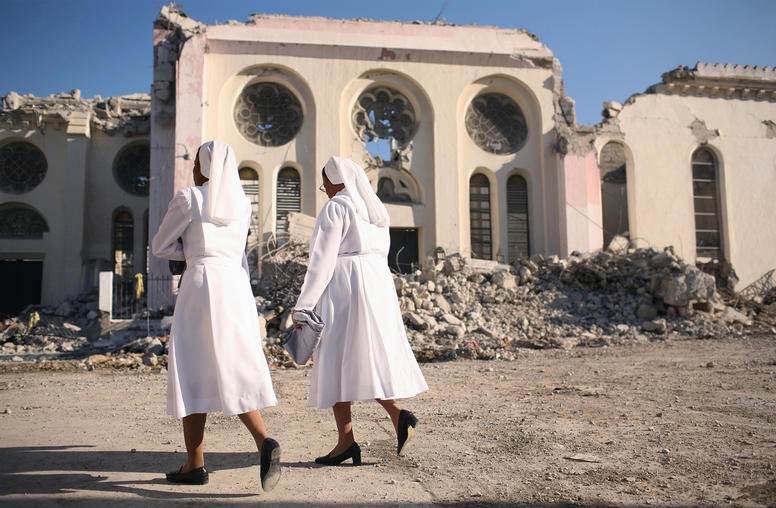
How Religious Actors Can Help Address the Western Hemisphere’s Biggest Challenges
On the sidelines of this year’s Summit of the Americas, the Interreligious Forum of the Americas brought together over 100 religious actors, faith-based organizations and governments to discuss how strategic engagement with religious and interreligious actors can help address the hemisphere’s most pertinent issues.
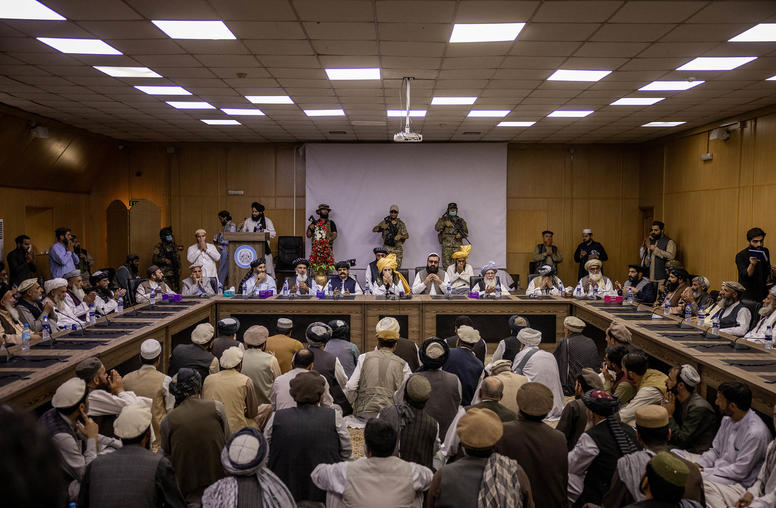
One Year Later: Taliban Reprise Repressive Rule, but Struggle to Build a State
When the Taliban swept into power last August, many expected they would reprise the draconian governance of their 1990s emirate. Despite pledges of moderation and reform from some Taliban factions, one year later those predictions have largely turned out to be prescient. The group has yet to establish a formal governance structure, with the interim cabinet appointed early in their tenure still intact. But the Taliban have swiftly reinstated many of their harshest policies, pushing women out of public life and brooking no dissent. USIP’s Andrew Watkins explains how the Taliban government functions, who’s really in charge and how the Taliban have dealt with challenges to their authority.